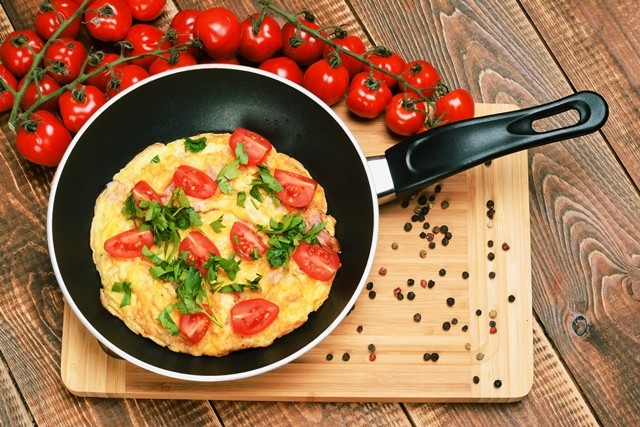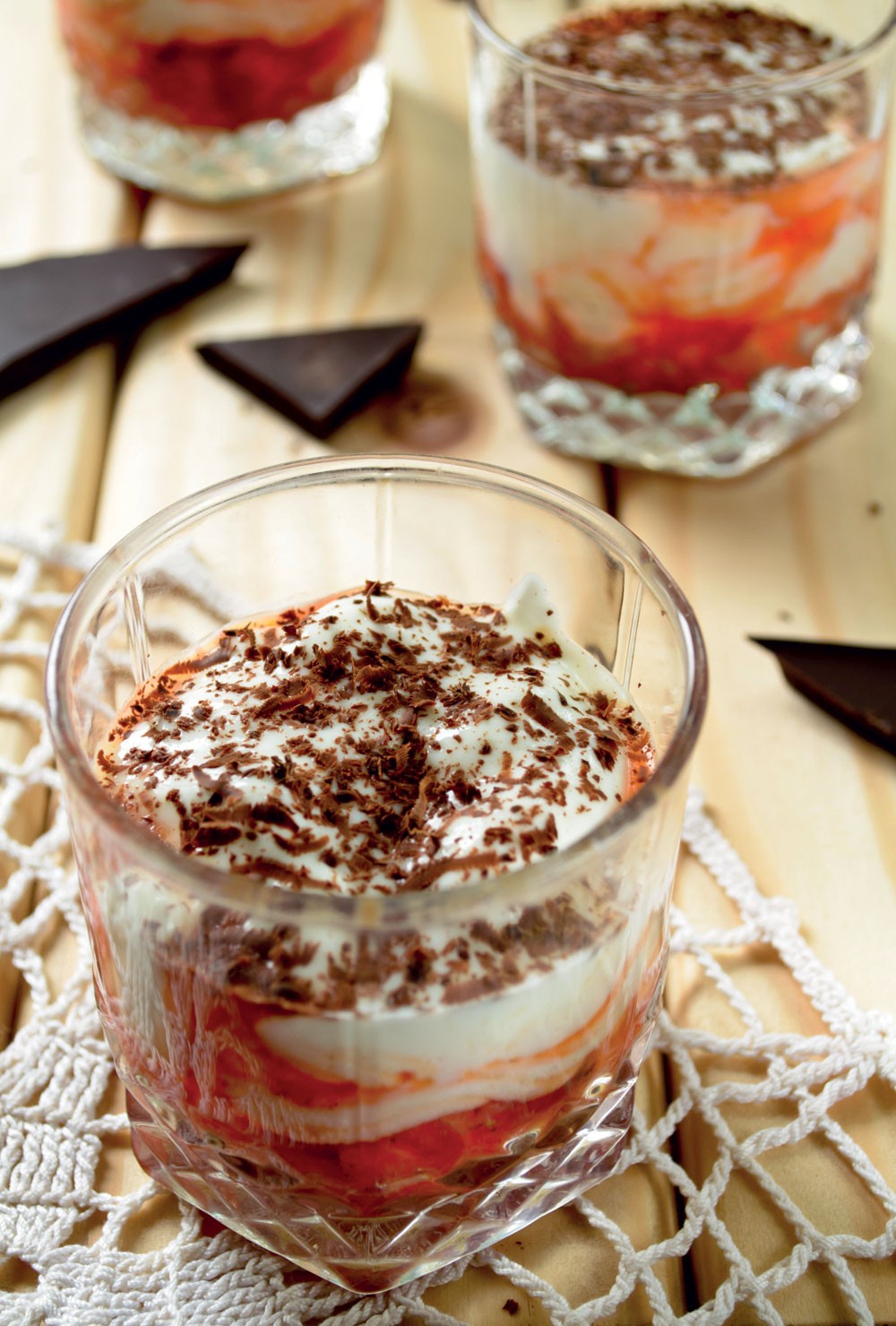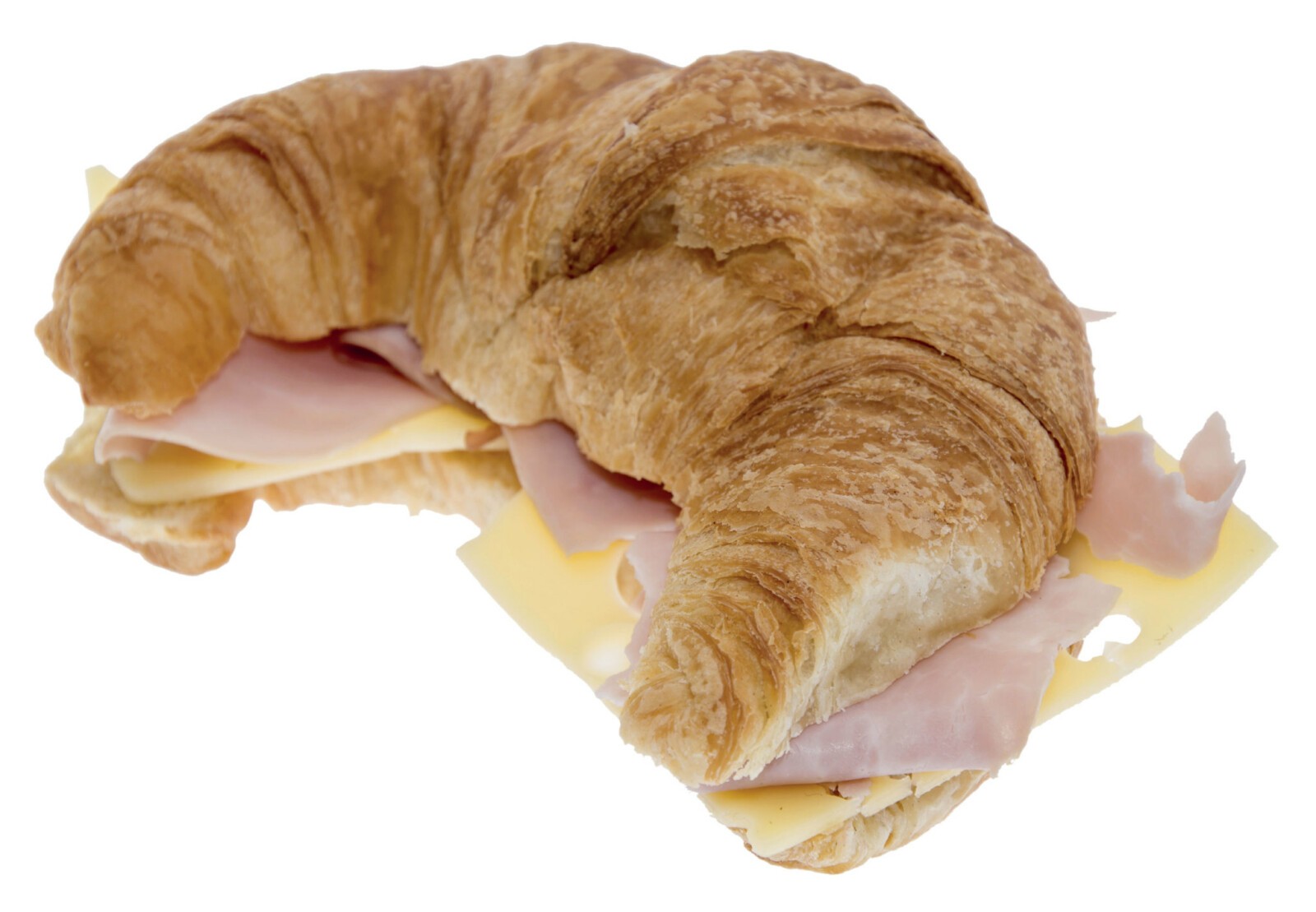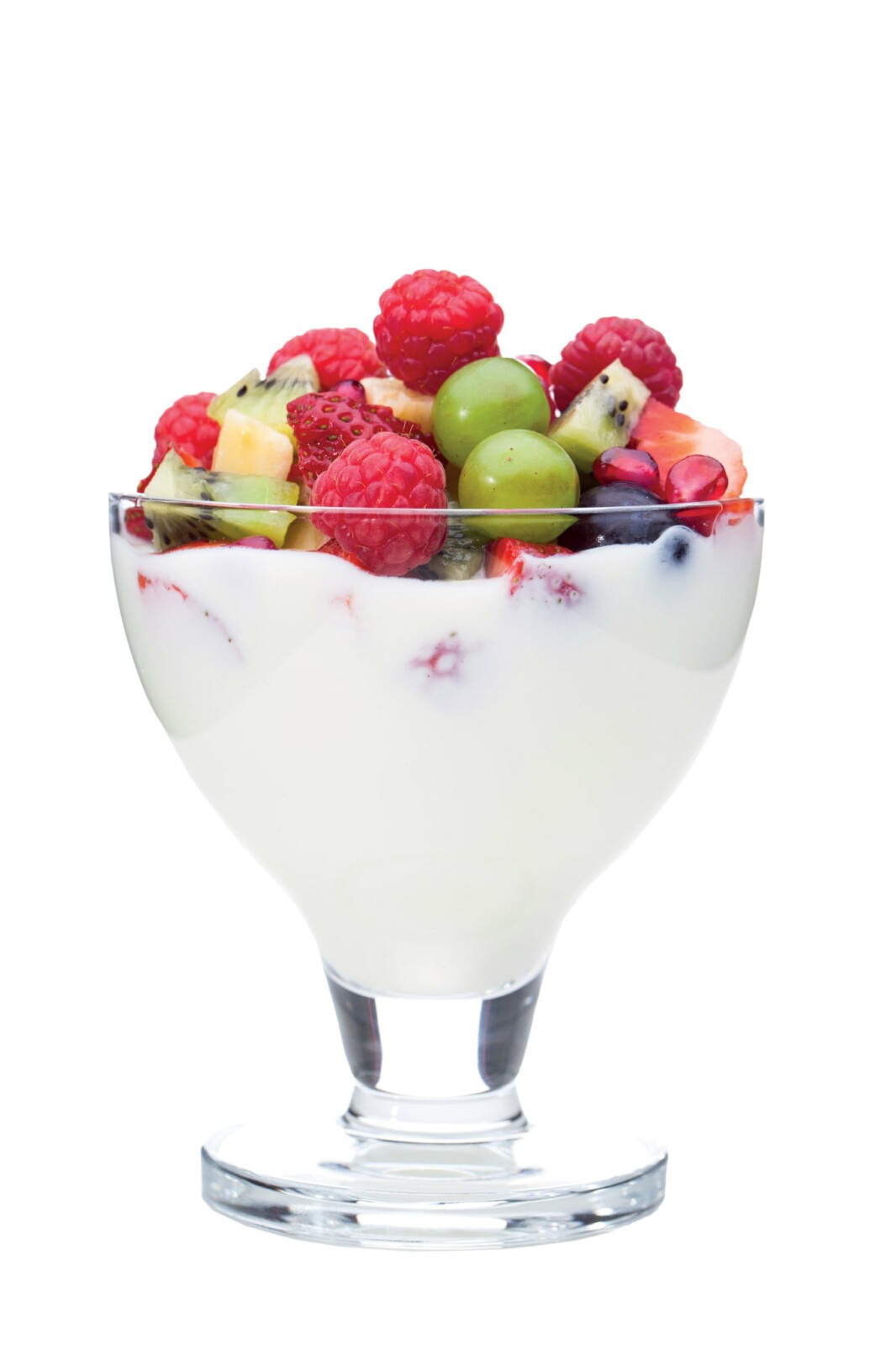We have heard for years that breakfast is the most important meal of the day. Not only does eating breakfast help to control our appetite, and ultimately our weight but from a performance perspective eating something first thing in the morning can either help fuel your ride, or help to optimise your recovery after a long early stint on the bike. So here are the most common mistakes we make when getting our breakfast right, and the easiest nutritionally balanced breakfasts you can prepare to ensure you are fuelled optimally no matter how time poor you are.
Are you eating breakfast too late?
As a general rule of thumb, the earlier you enjoy your breakfast, the better it will be for your metabolism. It is commonly thought that delaying hunger until later in the morning; or waiting until after a ride will maximise fat burning but the truth is that you will have a better ride if you eat something small beforehand and then have a more substantial meal after training. Light pre-ride options include a slice of wholegrain toast with peanut butter, a protein/carb bar such as the Go Natural Protein Crunch bar or a quick milk coffee is all you need to get your metabolism going. Ideally then you will back this up with a high protein breakie of eggs, Greek yoghurt or a shake once you finish training.
Are you not getting enough protein?
An ideal balance of wholegrain, low glycaemic index carbohydrates and 15-20g of protein at breakfast will ensure that you not only have well controlled blood glucose levels and energy throughout the morning but a good serve of protein will help to keep you full and satisfied for at least 2-3 hours, ideally until lunchtime. Muesli with sweet yoghurt and fruit; plain toast and coffee and breakfast smoothies made with fruit, milk and yoghurt all tend to be relatively high in carbohydrates relative to protein which can leave you hungry just an hour or two later. Protein rich breakfast options including eggs on toast, a toasted sandwich or Greek yoghurt with fruit and a small amount of oats or muesli will help to achieve a good balance of carbs and protein.
Are you forgetting the coffee?
Flat whites, cappuccinos, soy mochas and chai Lattes all contain calories and sugars (generally from lactose naturally found in milk) and calories that do need to be considered as part of a meal, not an insignificant extra. Often we start the day with a milk coffee, and follow it up with another once we arrive at work and forget that these both count as part of the breakfast. For any coffee that contains a significant amount of milk, consider is equal to a slice of toast in calories and if you are watching your total calorie and / or sugar intake consider swapping to black coffee or tea to cut out some of these extra calories.
Are you overindulging in a café breakfast?
For city workers, or anyone who has a great café close to home or work that offers a coffee and toast for a cheap price, it can be hard to resist a daily café treat. Unfortunately the types of breakfast options served at cafes rarely complement our dietary goals. Large slices of Turkish toast slathered in butter; fatty sandwiches with cheese and fatty meats, large slabs of banana bread or oversized muffins and thick sugary yoghurt and granola can equate to 600-800 breakfast calories, more than double what the average person needs. Save the café breakfasts to weekends or special occasions or at least look for lighter options such as an omelette with 1 slice thin toast, mini breakfast wraps or Greek yoghurt and fruit.
No time to prepare a healthy breakfast?
Not having enough time to prepare a nutritionally balanced breakfast is one of the most common reasons we end up overindulging with muffins, banana bread and friend foods. The easiest way to take control of these poor breakfast choices is to get into a habit of preparing a protein rich breakfast the night before. Greek yoghurt cups with fruit, breakfast wraps with lean meat and cheese or hard boiled eggs or a frittata can all be prepared the night before and then enjoyed the next day.
Brekkie Scramble

Serves 1 – per serve: 310 cals | 7g fat | 30g protein | 7g carbs | 3g fibre
Ingredients:
2 eggs, lightly beaten
1 tomato, diced
1/2 cup spinach
25g of lean ham, diced
30g of grated reduced fat tasty cheese
Preparation Method:
1. Heat a non-stick pan on a medium setting. Spray oil over pan lightly. Add the beaten eggs to the pan and give it a swirl to coat the pan.
2. On one side of the pan add the tomatoes, spinach and mushrooms and cook for about 1-2 minutes.
3. Add the cheese and ham to the side of the egg with the ingredients.
4. Cook for another couple of minutes but while still soft, fold the egg side only on top of the ingredients side and serve.
Ham & Cheese Breakie Wrap
Serves 1 – per serve: 300 cals | 6g fat | 14g protein | 28g carbs | 3g fibre
Ingredients:
50g of 97% fat free ham
1 slice light Jarlsberg cheese
2 slices tomato
Handful of rocket or spinach leaves
2 Mountain Bread wrap
Preparation Method:
1. Place ham, cheese, tomato and salad in Mountain Bread wrap.
2. Wrap and toast in sandwich press or toasted oven.
Berry Love Cups

Serves 2 – per serve: 340 cals | 9g fat | 13g protein | 35g carbs | 6g fibre
Ingredients:
1 cup Natural or Greek Style yoghurt
A few drops of vanilla essence
1/2 cup muesli OR bran cereal
1 cup mixed berries
1/4 cup dark choc bits
1/4 punnet of fresh strawberries, halved
1 tbsp. pepitas
1 tsp. honey
Preparation Method:
1. Add a few drops of vanilla essence to yoghurt.
2. In 2 glass jars or glasses, layer yoghurt, muesli, berries 2-3 x. Top with dark choc bits, fresh strawberries, pepitas and drizzle with honey. Serve.
Occasional breakfast treats
Eggs benedict – A breaky favourite of many, the issue with this tasty dish is that the high fat sauce mix of butter and egg sends the calories through the roof.
Ham and cheese croissant – While it may be a big favourite of the French, this seemingly simple breakfast can contain almost your entire daily fat requirement, most of which is saturated.

Big breakfast – It may not come as a surprise that a meal that includes sausages, bacon, fried eggs along with toast and plenty of butter is not the healthiest of breakfast choices – too much food and too many calories.
Pancakes – The mix of flour, milk and eggs may appear to be a relatively healthy choice, but the addition of syrups, ice cream and sauces leaves you with a high carb, high calorie breakfast with very little protein.
Better choices
Bacon and egg roll – If you choose a grain or wholemeal bread, and ask for the extra fat to be removed from the bacon, a bacon and egg roll may actually be relatively nutritious food choice. If you are concerned about the recent reports of processed meats and their relationship to bowel cancer, remember a small amount consumed occasionally (1-2 x week) as part of a healthy diet poses no issue.
Bircher Muesli – While the mix of grains, yoghurt and fruit can be relatively high in carbs and sugars, it is also a low GI, high fibre breakfast choice.
Avocado on toast – While a typical café serve of avocado is a little heavy on the fat side, avocados do primarily offer monounsaturated fats which are good for the heart
Corn fritters with smoked salmon – Not always considered as a regular breakie option, low GI, high fibre corn can be combined with omega 3 rich salmon for a tasty, protein rich hot breakfast option
BEST CHOICE
Poached eggs – Your favourite eggs, served with sourdough or grain toast, and vege sides is a perfect nutritional mix of low GI carbs and protein for breakfast.
Egg White Omelette – The greater the number of vegetables your omelette contains, the better it will be for you, and an egg white omelette with ricotta or cottage cheese will also be low in fat.
Fruit salad with Greek yoghurt - Greek yoghurt generally contains far less sugar than regular yoghurt and a side serve of fruit makes this a perfect light breakfast option.

Porridge – When it comes to grains, it is hard to go wrong with oats, and when combined with a little yogurt, milk and fruit offers a low GI, high fibre menu choice

